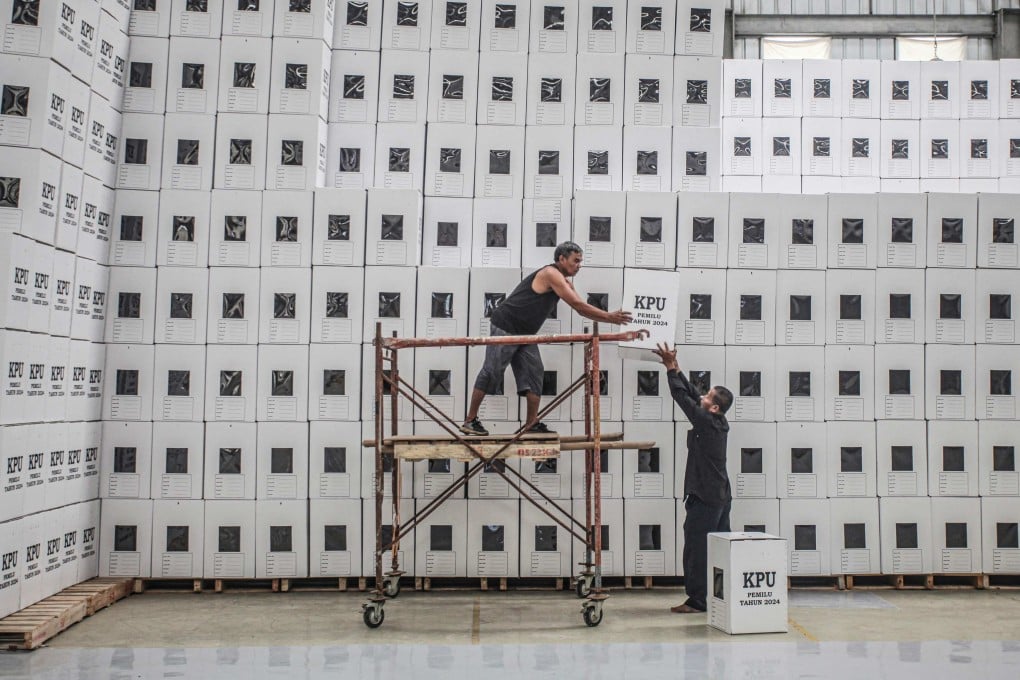From India to Indonesia, 2024 is Asia’s election year. But how much will anything change?
- Modi’s on course for a third term, Jokowi’s lining up a new political dynasty and the opposition in both Pakistan and Bangladesh have been hamstrung
- Rights advocates say it reflects the creep of authoritarianism across Asia – with established, elderly leaders likely to be the biggest winners

The ruling revealed the “irony” of hard-won democratic principles being shunted aside in favour of the narrow interests of those given a mandate by the people, according to Amalinda Saviriani, an Indonesian student leader during the long protest years against former dictator Suharto, who resigned in 1998.
“We have these formal institutions of democracy,” she told This Week in Asia. “But it all depends on who has the power … and how they choose to adjust and change these things.”

Bangladesh, Pakistan, Indonesia and India will vote – in that order – for a collage of mostly elderly incumbents, would-be autocrats, dynasts and veteran political schemers.
All of them, in different ways, have used the courts to “adjust things” in their favour, relegating lofty democratic ideals, ‘change’ narratives and concerns for greater civil liberties behind outmanoeuvring opponents and silencing critics.
The promises they have made pivot on the safe stewardship of vastly unequal economies, or tap deep nationalist emotions and identity politics.
